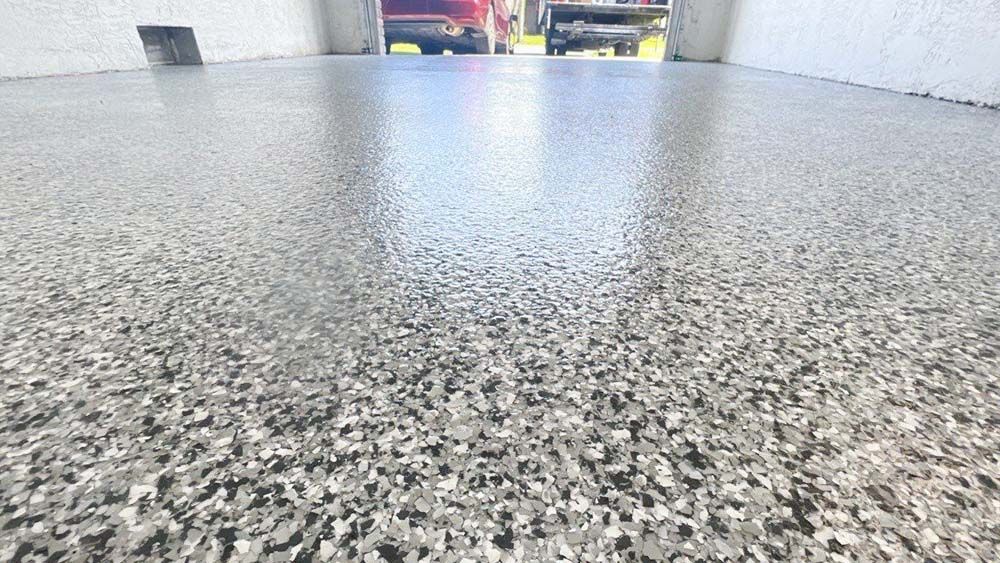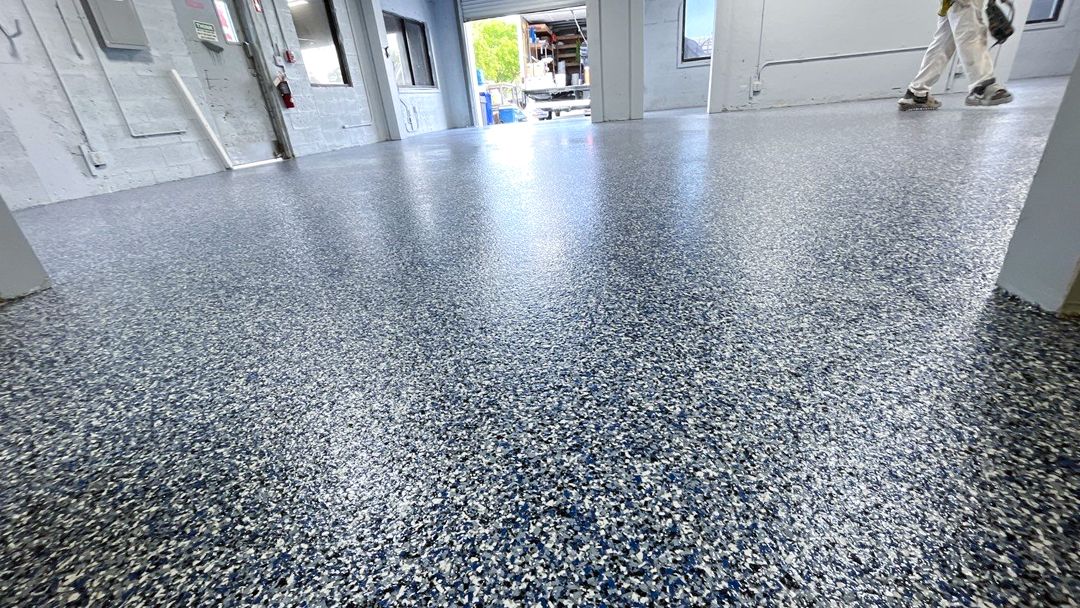When working on flooring projects, achieving a smooth, level surface is crucial for the longevity and aesthetics of your new floor. Floor levelling compound, also known as self-levelling compound or self-levelling underlayment, is often used to correct uneven or damaged subfloors. One of the most common questions people ask is: “How long does floor levelling compound take to dry?

Let’s dive into the key factors affecting the drying time and provide you with a guide to ensure the best results.
Understanding Floor Levelling Compound
Floor levelling compound is a cement-based mixture designed to self-level when poured. It’s often used to smooth out uneven surfaces or to prepare a subfloor for flooring installation, such as tiles, vinyl, laminate, or hardwood.
Key Factors Affecting Drying Time
1. Type of Compound
Standard Cement-Based Compounds: Generally take 24-48 hours to dry before you can safely walk on them. Fast-Setting Compounds: Dry in as little as 4-6 hours, ideal for quick renovations. Gypsum-Based Compounds: Can take longer to dry, often up to 72 hours.
2. Thickness of Application
The thickness of the applied compound layer significantly impacts drying time:
Thin Layers (1-5 mm): Typically dry within 4-8 hours for standard compounds. Medium Layers (5-10 mm): Around 24 hours of drying time is required. Thick Layers (>10 mm): May take 48 hours or longer to fully dry.
3. Environmental Conditions
Temperature: Warmer temperatures can accelerate drying, while colder temperatures slow it down. Humidity: High humidity prolongs drying time as moisture in the air hinders evaporation. Ventilation: Proper airflow promotes faster drying.
4. Subfloor Material
Different subfloor materials absorb moisture at varying rates:
Concrete: Slower to absorb moisture, leading to longer drying times. Plywood or Timber: Absorbs moisture quicker, potentially speeding up drying.
5. Additives and Primers
Using primers or specific additives can affect the drying process:
Primers: Help the compound bond better to the subfloor, sometimes accelerating drying. Additives: Certain additives, like quick-drying agents, can reduce drying time.
General Guidelines for Drying Times
Here’s a general guide based on the most common compounds and conditions:
Walkable Dry Time: Usually between 4-24 hours. Ready for Flooring Installation: 24-72 hours after application. Full Cure Time: Up to 7 days, depending on conditions and compound type.
Tips for Faster Drying
Follow Manufacturer Instructions: Always read the product instructions for accurate drying times. Increase Airflow: Use fans or open windows to improve ventilation. Control Temperature and Humidity: Maintain a warm, dry environment for faster drying. Avoid Thick Layers: Apply multiple thin layers instead of one thick layer to reduce drying time.
Conclusion
The drying time for floor levelling compound depends on the type of compound, thickness, environmental conditions, and subfloor material. For standard compounds, a safe bet is to wait 24-72 hours before installing your new flooring. Always consult the manufacturer’s guidelines for the specific product you’re using and aim for ideal environmental conditions for the best results.
Let us know if you have any other questions or tips to share about working with floor levelling compounds!



